Traveling as an introvert doesn’t mean missing out on amazing experiences – it just means approaching them differently. While extroverts might thrive in crowded hostels and packed tour groups, introverts often find their best adventures in quieter moments and peaceful spaces. Smart travel planning can help you explore the world while honoring your need for solitude and reflection. These practical tips will help you create memorable journeys that energize rather than drain you.
1. Choose Accommodations That Give You Space

Your hotel room becomes your sanctuary when traveling, so make it count. Private rooms in boutique hotels or short-term rentals offer the peace you need to recharge after busy sightseeing days.
Skip the party hostels with shared bathrooms and paper-thin walls. Instead, look for places with quiet neighborhoods, good soundproofing, and private entrances when possible.
A comfortable bed, reliable wifi, and a space to spread out your belongings can make all the difference. Your accommodation investment pays dividends in better sleep and restored energy for tomorrow’s adventures.
2. Travel During Off-Peak Seasons

Shoulder seasons offer the perfect sweet spot for introvert travelers. You’ll find smaller crowds at popular attractions, quieter streets for peaceful walks, and more personal space everywhere you go.
Off-season travel also means better prices on flights and hotels, plus more authentic interactions with locals who aren’t overwhelmed by tourist rushes. Restaurant staff have more time to chat, museum guides aren’t rushing through exhibits.
Research your destination’s weather patterns and local events to find that perfect balance of good conditions without peak crowds. Your wallet and your social battery will thank you.
3. Build Downtime Into Your Itinerary

Overpacked schedules are an introvert’s worst enemy. Build buffer time between activities to process experiences, rest your mind, and simply breathe without rushing to the next attraction.
Plan one major activity per day instead of cramming three museums into eight hours. Use afternoon breaks for quiet coffee shop visits or peaceful park strolls where you can people-watch without participating.
Remember that unstructured time often leads to the most memorable discoveries. That random bookstore you stumbled into during your rest hour might become your trip’s highlight.
4. Pick Destinations That Match Your Vibe
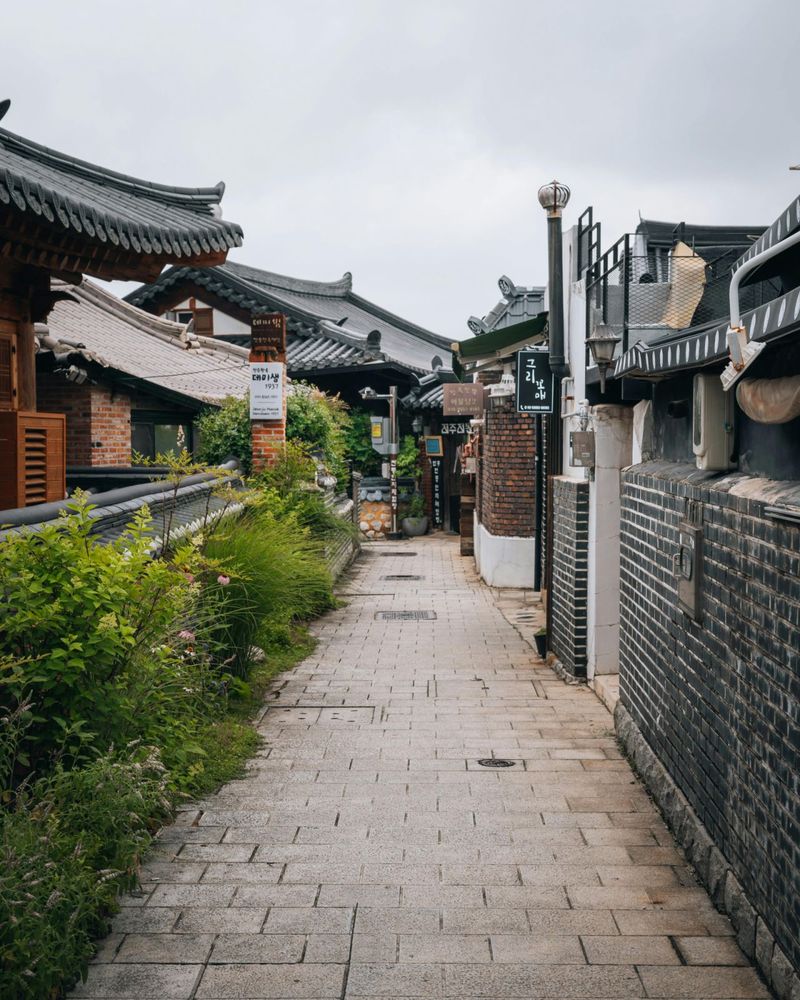
Not all destinations are created equal for introvert travelers. Consider smaller cities, coastal towns, or mountain retreats that offer culture and beauty without overwhelming sensory input.
Places like Kyoto’s quiet temples, New Zealand’s stunning landscapes, or Portugal’s charming villages provide rich experiences without the chaos of megacities. Research destinations known for slower paces and thoughtful tourism.
Ask yourself what energizes you most—nature, history, art, or food—then choose places that specialize in those interests rather than trying to do everything at once.
5. Use Headphones as a Social Buffer

Noise-canceling headphones serve double duty for introvert travelers. They reduce overwhelming sensory input from busy airports, crowded trains, and noisy streets while creating a personal bubble of calm.
They also signal to chatty fellow travelers that you’re not available for conversation right now. Most people respect the universal headphones boundary without taking offense.
Load your device with calming music, interesting podcasts, or even white noise for different situations. Sometimes the simple act of putting them on—even without playing anything—provides psychological comfort in overstimulating environments.
6. Book Tours with Flexibility

Group tours don’t have to be your enemy if you choose wisely. Look for small-group experiences with maximum eight people, or better yet, self-guided audio tours that let you explore at your own pace.
Many cities offer hop-on, hop-off bus tours where you can bail out whenever you need a break. Walking food tours with tiny groups often provide intimate cultural experiences without overwhelming social pressure.
Read reviews carefully, looking for mentions of group size and guide style. Avoid tours described as high-energy or party-focused, and seek out those emphasizing education and cultural immersion instead.
7. Eat at Off-Hours
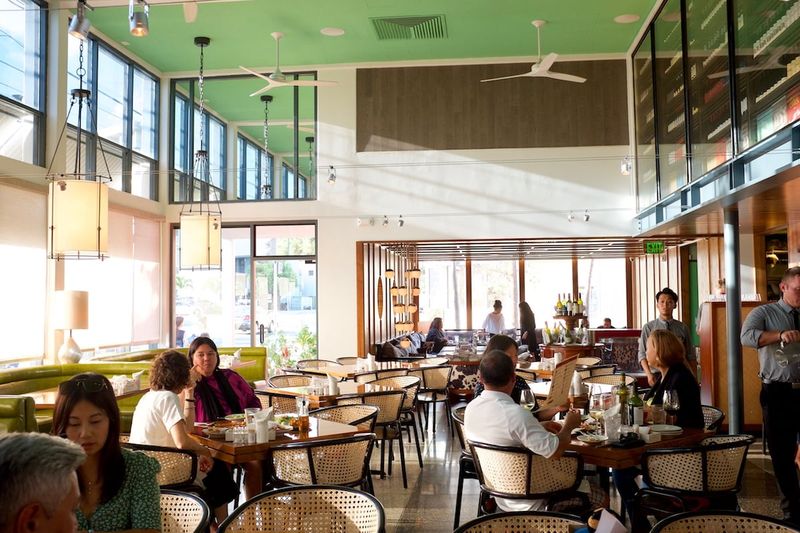
Dining at 5 PM instead of 7 PM transforms your restaurant experience completely. You’ll avoid dinner rushes, get better service from less-stressed staff, and actually hear your dining companions talk.
Early lunches around 11:30 AM often mean you have restaurants almost to yourself. Late breakfasts after 10 AM help you avoid the business crowd rush while still catching morning menus.
This strategy works especially well in tourist areas where locals eat at different times than visitors. You’ll often discover authentic neighborhood spots that tour groups miss entirely.
8. Balance Solo Time with Social Time
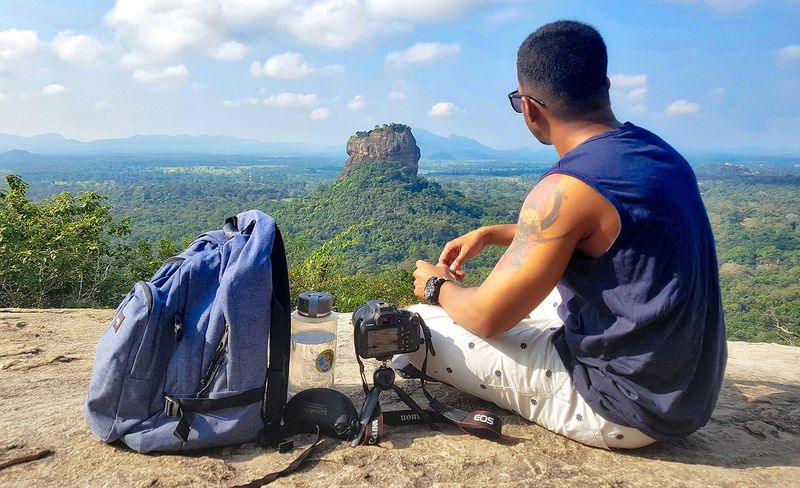
Traveling with others requires clear communication about your social needs. Explain that taking breaks isn’t antisocial—it’s how you recharge to be fully present during group activities.
Suggest splitting up occasionally so everyone can pursue different interests. While your travel buddy hits the bustling market, you might prefer the quiet art museum across town.
Plan group meals and shared experiences around your higher-energy times, typically mornings for most introverts. Save evenings for solo walks or quiet hotel room time to process the day’s experiences.
9. Use Apps for Planning and Exploration
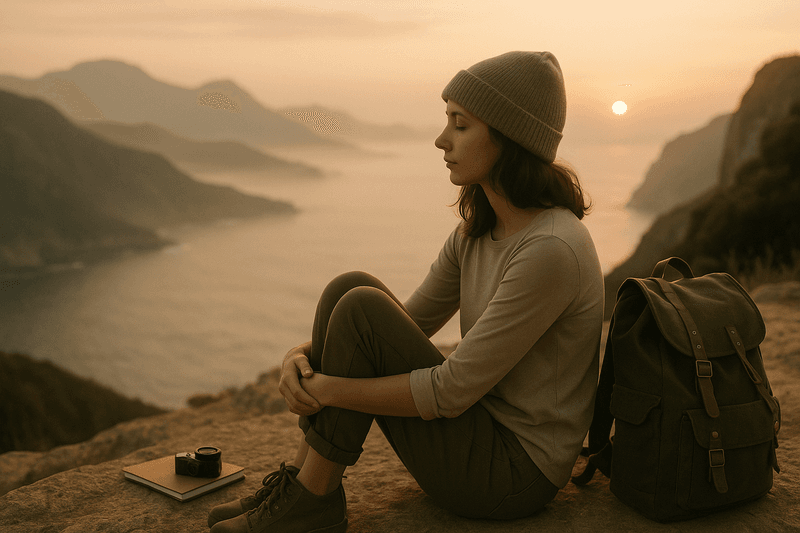
Technology becomes your introvert travel superpower. Navigation apps eliminate the need to ask strangers for directions, while translation apps help you communicate without lengthy social interactions.
Museum apps with audio guides let you skip group tours while still learning fascinating details about exhibits. Restaurant apps show menus and reviews before you arrive, reducing decision stress.
Download offline maps and cultural guides before you travel. Having information at your fingertips reduces anxiety and gives you confidence to explore independently without relying on others for help or recommendations.
10. Stay Hydrated and Rested
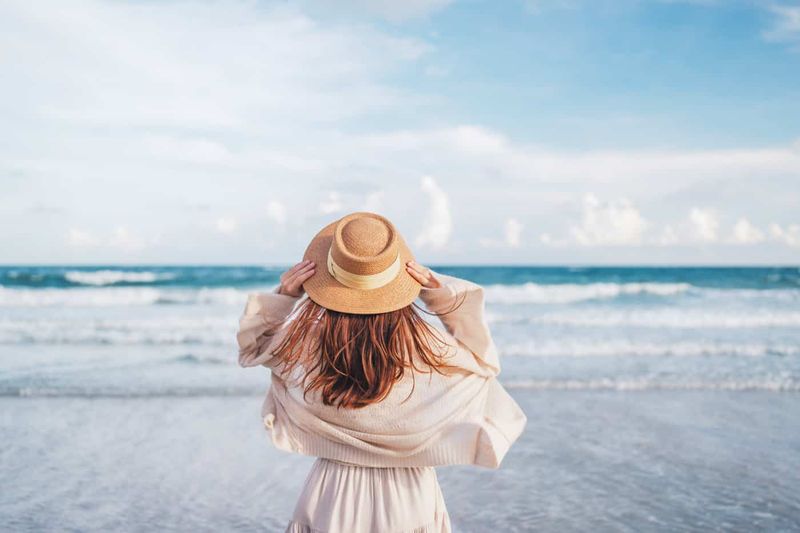
Introverts often experience social exhaustion faster than others, making basic self-care crucial during travel. Dehydration and fatigue amplify feelings of overwhelm and reduce your ability to enjoy new experiences.
Pack a reusable water bottle and drink regularly, especially in different climates or altitudes. Airplane travel particularly dehydrates you, so start your trip already behind on fluids.
Prioritize sleep by maintaining somewhat regular bedtimes, even when exciting nightlife beckons. A well-rested introvert can handle much more social stimulation than an exhausted one, making better sleep your secret weapon for enjoyable travel.
11. Embrace Solo Adventures
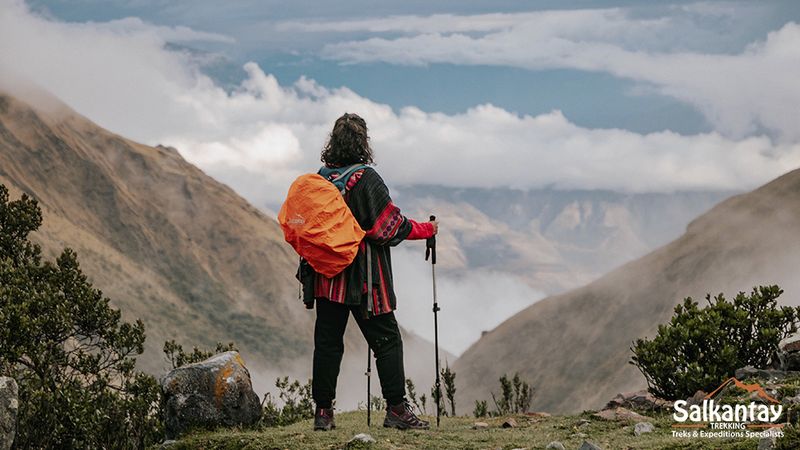
Solo activities aren’t consolation prizes—they’re often the most rewarding parts of introvert travel. Morning walks through empty city streets, afternoon reads in botanical gardens, or solo museum visits let you absorb experiences fully.
Scenic train rides offer perfect solo travel experiences. You can watch landscapes change while processing thoughts without social obligations. Many introverts find these quiet moments become their most treasured travel memories.
Don’t feel guilty about enjoying your own company. Solo dining, solo sightseeing, and solo wandering allow you to follow your curiosity without compromise or explanation to others.
12. Find Quiet Havens

Every destination has peaceful pockets waiting to be discovered. Libraries offer free wifi, comfortable seating, and blessed silence in the middle of chaotic cities. Many welcome travelers and provide local information.
Botanical gardens, small churches, and neighborhood cafes away from tourist areas provide perfect recharge stations. Even busy cities have hidden courtyards, quiet museum corners, or peaceful riverside spots.
Research these havens before you travel by reading introvert travel blogs and checking local recommendations. Having a mental list of quiet escapes gives you confidence to venture into busier areas knowing retreat options exist nearby.
13. Give Yourself Permission to Say No

The best travel experiences come from honoring your authentic needs rather than forcing yourself into uncomfortable situations. Skipping the loud bar crawl doesn’t make you antisocial—it saves your energy for experiences you’ll actually enjoy.
Travel companions might not understand your limits, but you don’t owe anyone explanations for your choices. A simple “I’m going to pass on this one” works perfectly fine.
Remember that you’re spending time and money on this trip for your own enjoyment. Saying no to draining activities means saying yes to experiences that truly resonate with your personality and interests.



